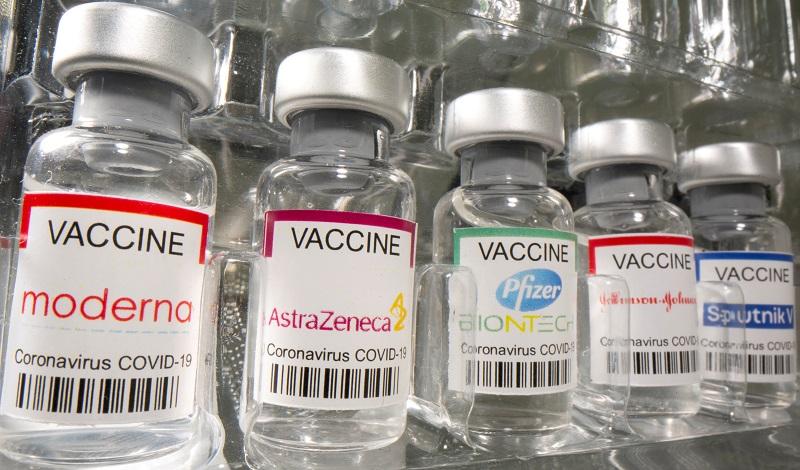Vaccination after COVID-19 improves immunity; Omicron infects more small children, but less harmfully

The following is a summary of some recent studies on COVID-19. They include research that warrants further study to corroborate the findings and that has yet to be certified by peer review.
Vaccination after COVID-19 improves immunity
Although people who recover from COVID-19 usually gain some immune defenses against reinfection, they get additional protection from vaccines, especially against severe disease, according to two studies published on Thursday in The Lancet Infectious Diseases.
One study of 22,566 people in Brazil who had recovered from COVID found that all four vaccines in use there - from Sinovac Biotech, AstraZeneca, Johnson & Johnson, and Pfizer/BioNTech - provided significant additional protection.
Effectiveness against infection starting 14 days after vaccination completion ranged from 39.4% for Sinovac's CoronaVac to 64.8% for the Pfizer/BioNTech shots. Effectiveness against hospitalization or death ranged from 81.3% for CoronaVac to 89.7% for Pfizer/BioNTech's vaccine.
The second study, using data from more than 5 million people in Sweden, found that "hybrid immunity" from a combination of previous infection and receipt of either one or two doses of a vaccine provided additional protection for at least nine months.
"One-dose hybrid immunity was associated with an additional 94% lower risk of COVID-19 hospitalization, and two-dose hybrid immunity with an additional 90% lower risk of COVID-19 hospitalization," compared to natural immunity alone, the researchers said.
Neither study included patients infected or reinfected with the Omicron variant.
Omicron infects more small children, but less harmfully
Among children under age 5 who were ineligible for coronavirus vaccines, the Omicron variant caused 6- to 8-times more infections than the Delta variant, but severe COVID-19 was less common with Omicron, US researchers found.
They reviewed data collected in 2021 and early 2022 on 651,640 children younger than age 5, including 66,692 with Delta infections and 22,772 with Omicron infections.
When Delta was predominant, two to three children among every 2,000 became infected every day, the researchers calculated.
When Omicron first started to circulate, that rate rose to roughly five to 13 new infections per day among every 2,000 children, the researchers reported on Friday in JAMA Pediatrics.
By mid-January 2022, more than 16 of every 2,000 small children were becoming infected with Omicron every day, with the highest infection rates seen in children under age 2.
Children infected with Omicron, however, were at significantly lower risk for severe disease compared to similar children infected with Delta.
The findings may aid considerations about school attendance, mask use, and vaccine implementation for young children, the research team said. — Reuters

Need a wellness break? Sign up for The Boost!
Stay up-to-date with the latest health and wellness reads.
Please enter a valid email address
Your email is safe with us






